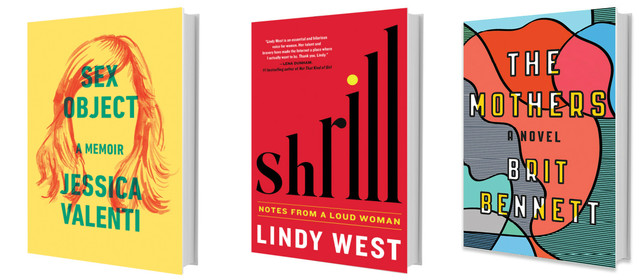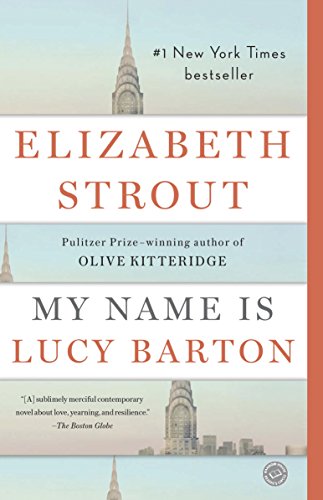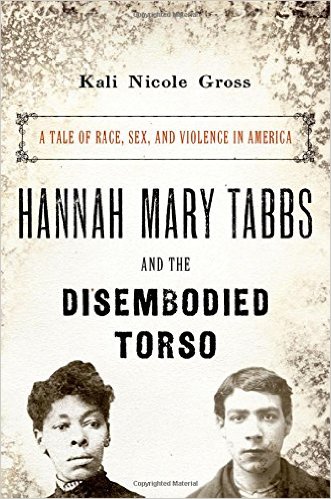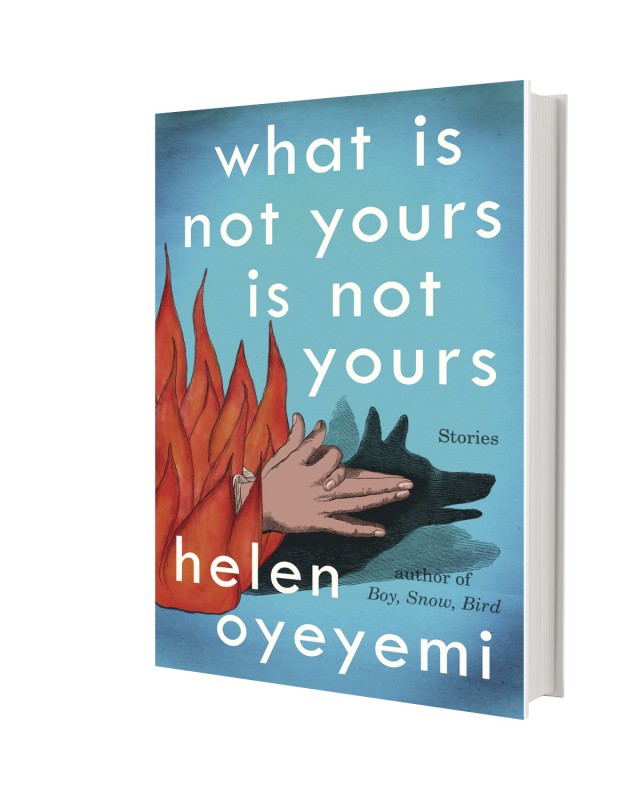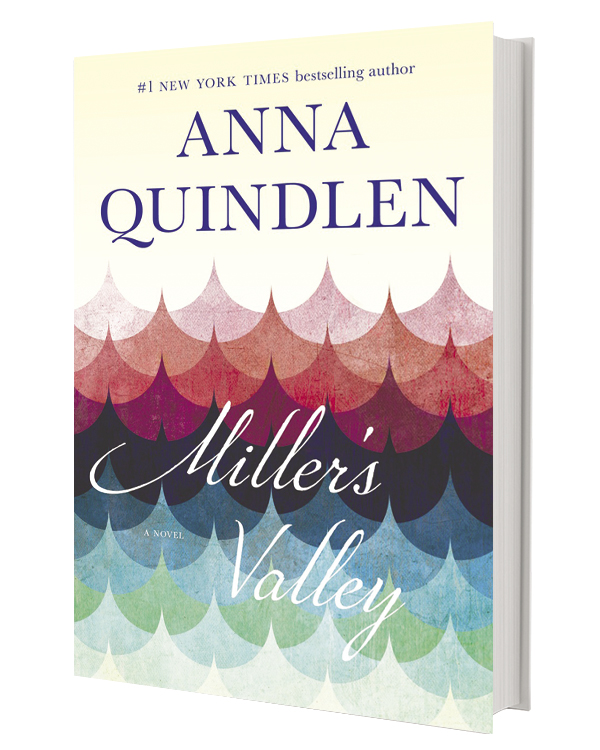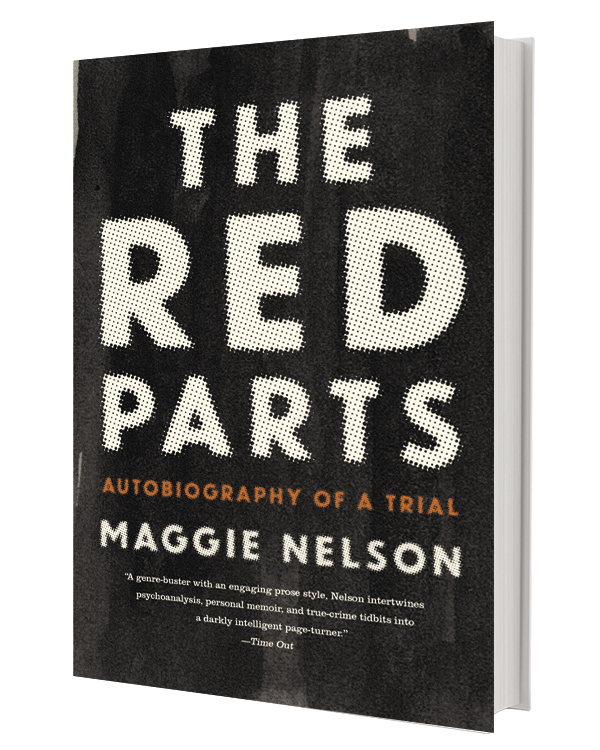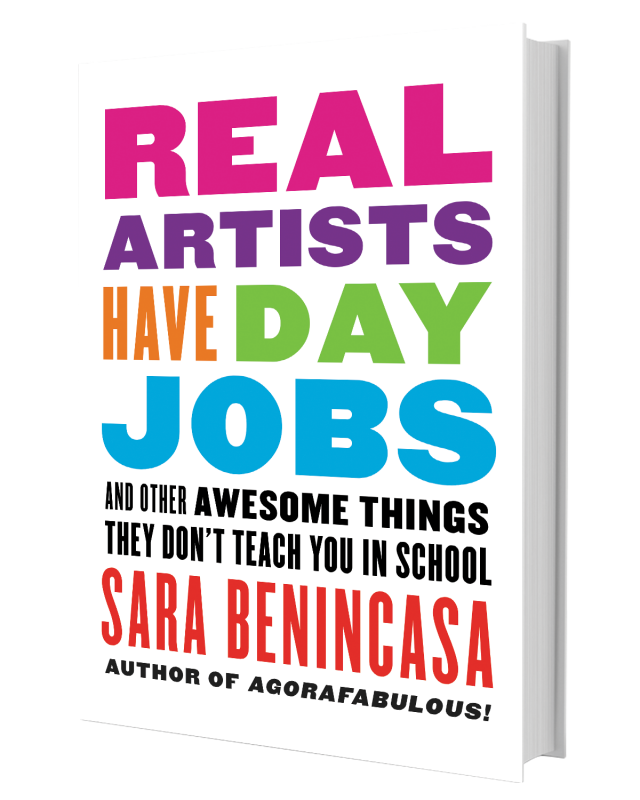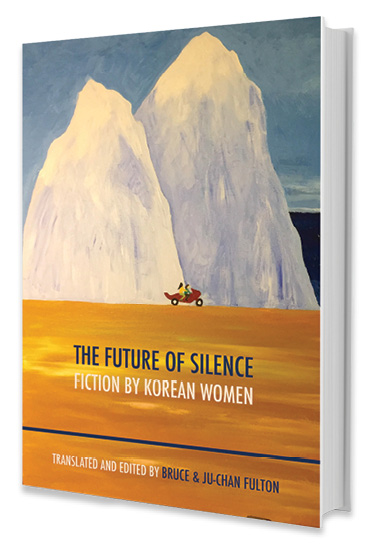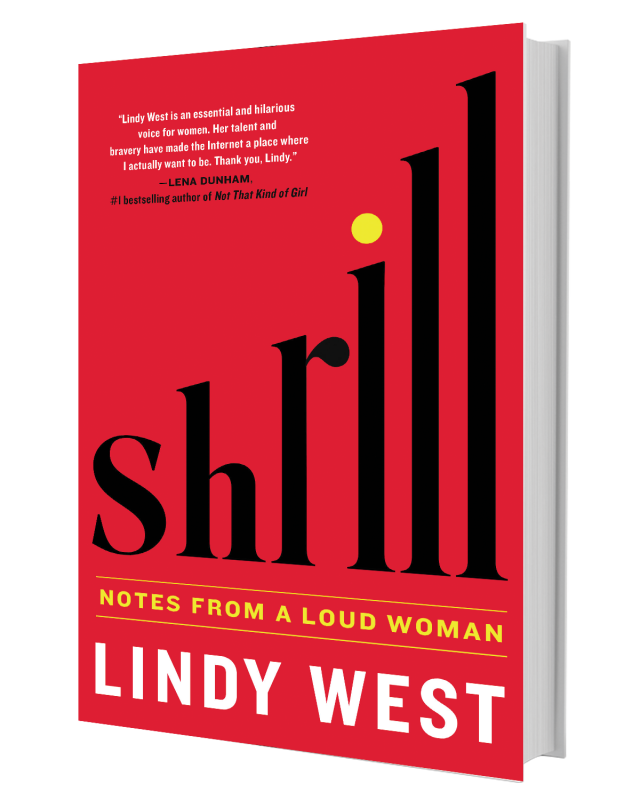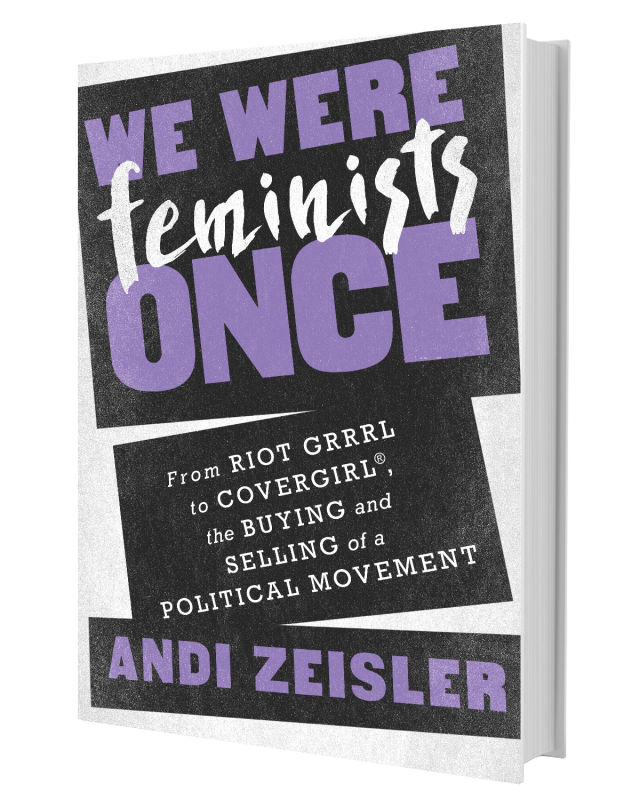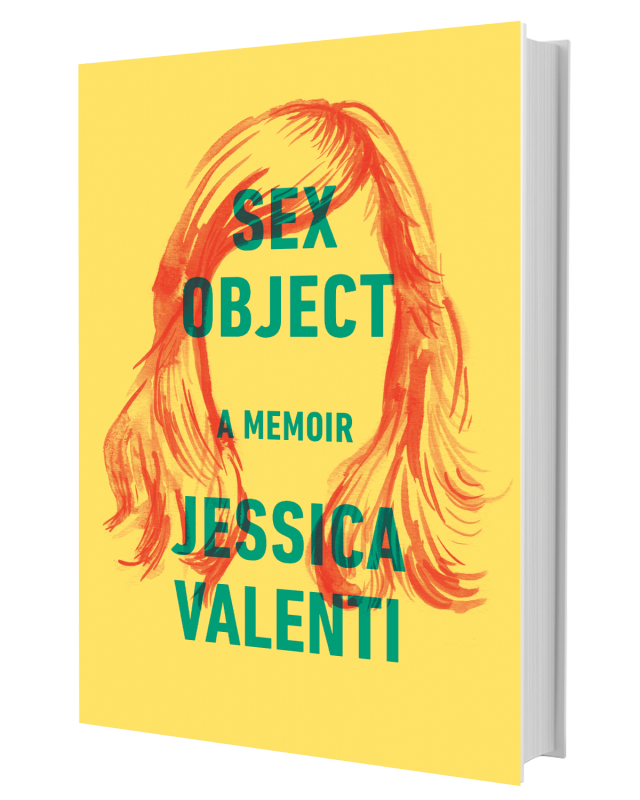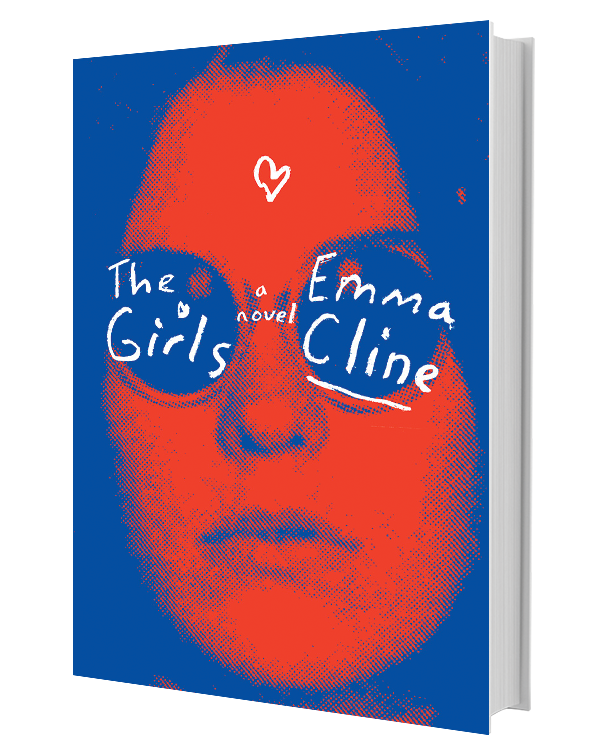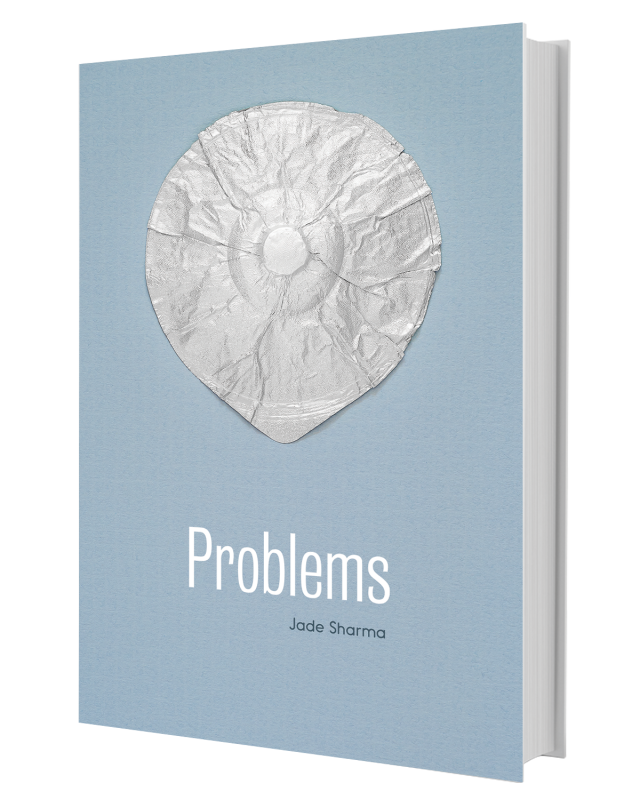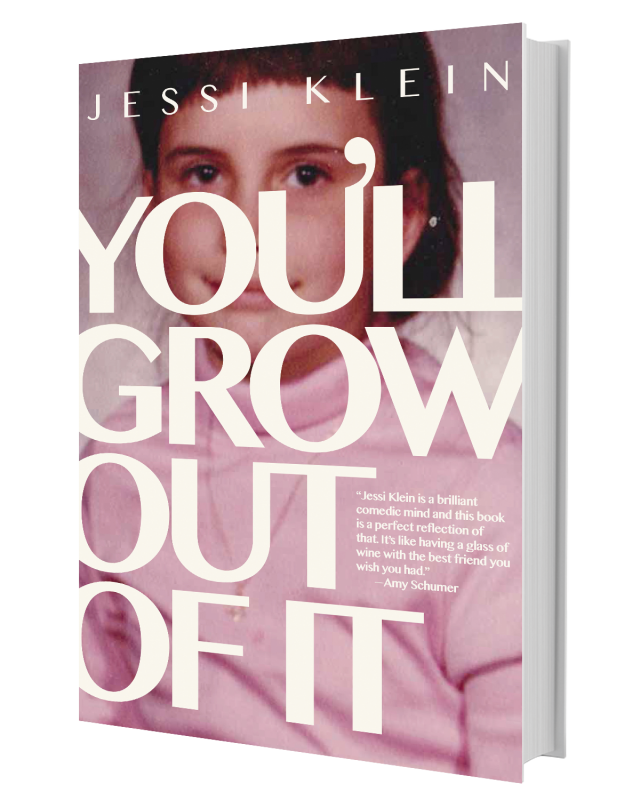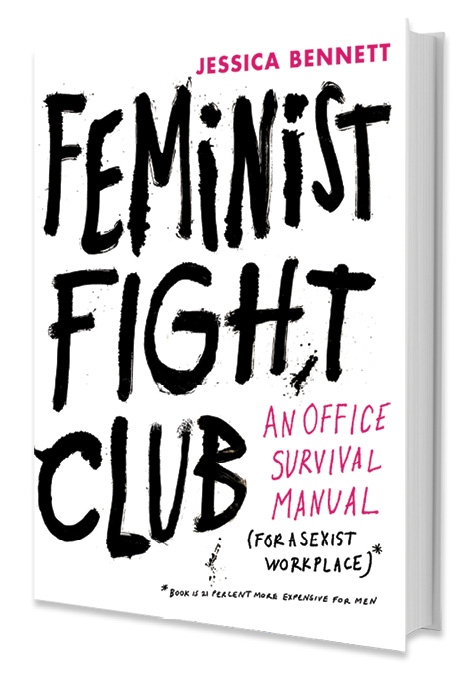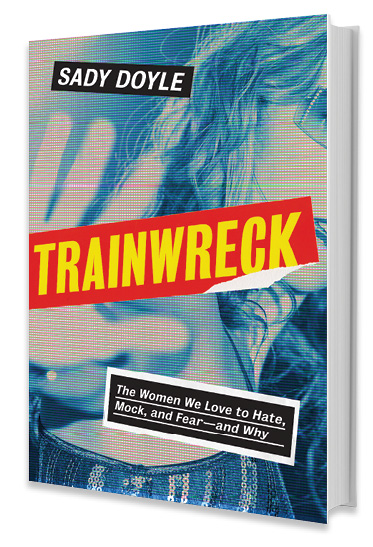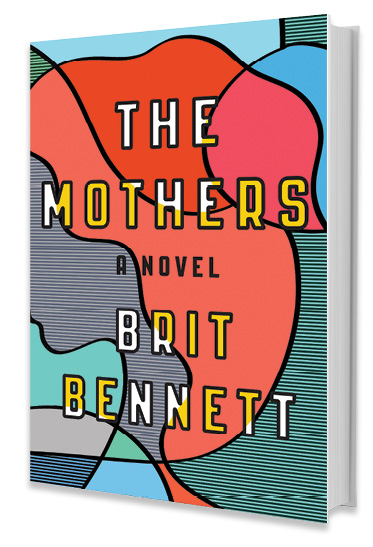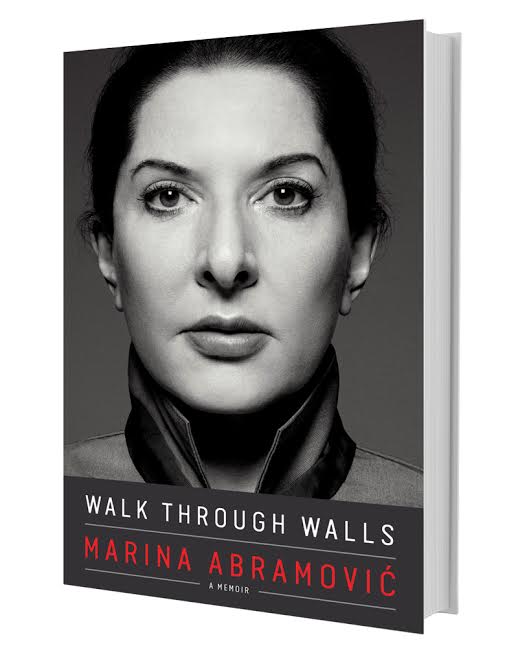BUST readers will know that every issue contains a book review section where we tell you which books are worth reading. Now, we’ve put together a list of some of our favorite books by women published in 2016. Whether you prefer fiction or nonfiction, short reads or long, there’s something on this list that you’ll enjoy.
My Name Is Lucy Barton: A Novel
By Elizabeth Strout, published January 2016 (Random House)
A staggering novel with an impact that transcends its 200 pages, I Am Lucy Barton is framed by a single event: Lucy is in the hospital in New York being treated for a life-threatening fever, when her estranged mother arrives from Illinois to stay with her. This situation only covers the surface of the book, as Elizabeth Strout (Pulitzer-Prize winning author of Olive Kitteridge) is a master at slowly uncovering the deep, dark wells that exist beneath her characters. At the bottom of Lucy’s well is a child trying to cope with the trauma of poverty and paternal abuse, and an adult woman reduced to a child when her mother cannot reciprocate the words “I love you.”
Aside from Lucy and her mother, the only developed characters are people she doesn’t know very well: her doctor, a woman writer she met in a shop once. Her husband, kids, and siblings are footnotes, and the almost complete absence of her father is as disturbing as it is meaningful. Lucy’s story i sone of a woman’s corroded capacity for intimacy, but not empathy. — Maura Hehir
Freedom Is A Constant Struggle
By Angela Y. Davis, published February 2016 (Haymarket Books)
In activist circles, Angela Davis is a household name: she’s been doing anti-oppression work for over 40 years. This latest collection of her writing includes essays, transcripts of speeches, and interviews from 2013 on that weave together wisdom from Davis’ decades of work with scholarly history. Pieces here connect reactions to the murders of Mike Brown and Trayvon Martin to actions that took place in the Jim Crow south—linking the tear gas of Ferguson to fire hoses turned on children in Alabama. In connecting longstanding, still-urgent themes (black feminism, prison reform, racial liberation) to current events, Davis delivers a rooted history with directives for seeing modern events in context. Yes, freedom is a constant struggle, and here, Davis reminds us we have the tools to act, react, and keep pushing onward. – Christine Femia
By Idra Novey, published February 2016 (Little, Brown and Company)
A $600,000 gambling debt. A missing Brazilian writer. A loan shark after his money. A mistrustful daughter looking for her mother. An ear delivered in a box as a warning. Love, family, and death—Idra Novey’s debut, Ways to Disappear, has it all.
Though the novel isn’t short on plot, it is surprisingly lean. Interspersed between fast-paced narrative sections, there are formally experimental chapters comprised of emails, gossip columns, poems, and wonderful fictional dictionary entries. (One on the word “permission” goes: “Formal consent, as in: A translator must acquire permission to publish a story consisting of words that are not her own but that also incidentally are.”) Novey evades the navel-gaze-y quality that often plagues fiction about writers. Instead, she creates a worthy, captivating storyline that is less about writing than it is about the ways in which people misunderstand one another—caught in the grip of opposing desires to be seen and to run away. – Alexandra Chang
Hannah Mary Tabbs and the Disembodied Torso: A Tale of Race, Sex, and Violence in America
By Kali Nicole Gross, published February 2016 (Oxford University Press)
The titular torso in this suspenseful account was discovered near Philadelphia in 1887. And the subsequent investigation of whom the torso belonged to and what had happened to the victim touched on race, gender, sex, scandal, and a mysterious woman who did not play with-in society’s norms. Author Kali Nicole Gross explains her research process in the book’s prologue and epilogue, and the narrative in between is enriched with her inquisitive energy. In following this speci?c, enthralling case from a time after the Civil War and before current tensions between police departments and communities of color, Gross connects the criminal justice system of the Reconstruction era with both its roots and where it ended up. Academic but accessible, this smart story is an absolute page-turner. – Christine Femia
What Is Not Yours Is Not Yours: Stories
By Helen Oyeyemi, published March 2016 (Riverhead Books)
Nigerian-British writer Helen Oyeyemi’s collection of interconnected short stories is a worthy follow-up to her critically acclaimed 2014 novel Boy, Snow, Bird. In What Is Not Yours Is Not Yours, Oyeymi takes readers from Spain to England to the Czech Republic and across generations, ages, races, nationalities, genders, and sexualities. She also uses magical realism to imbue each story with a folktale quality, evoking the dark, threatening Brothers Grimm type of fairytales, not the Disneyfied versions. Sometimes these influences are easy to see—you’ll recognize a retelling of Little Red Riding Hood—and others are more subtle. Mysterious keys, lifelike puppets, and a woman named Tyche reappear throughout.
There are several standout stories. “Books and Roses” features swoon-worthy affairs, a locked rose garden, a memorable library, and a baby abandoned at a statue of a Black Madonna. “Is Your Blood As Red As This?” involves a puppet school, a ghost, a dangerous love triangle, and a person of ever-changing gender. There are also lighter selections, such as “A Brief History Of The Homely Wench Society.” Both charming and unsettling, Oyeyemi’s stories will stay with you a long time. – Erika W. Smith
By Anna Quindlen, published April 2016 (Random House)
Mimi Miller’s family had always lived in Miller’s Valley. For generations, they farmed in spite of floods, learned to accept that the carpets would get ruined and the animals stranded, and in the morning they’d dry out and repair. But throughout Mimi’s childhood, as friends moved away, her older brothers became strangers, and she began to imagine her life outside her small town, government men became a constant presence. These men wanted to move the people of Miller’s Valley out, and they had a plan to wash the town’s entire history out with them.
Anna Quindlen’s novel of a childhood examined by someone who literally can’t go home again is an incredibly engaging read. Her observations about life’s more mundane moments make an unremarkable coming-of-age narrative compelling. Though some of the biggest plot points are heavily telegraphed early on, she incorporates a haunting surprise into the final pages that will stick with you. Mimi acts as a relatable narrator, but through her eyes few other characters are able to fully develop, with little agency beyond what they are to her—boyfriend, brother, old friend. Still, Miller’s Valley takes familiar themes and manages to make them fresh and new. – Molly Horan
The Red Parts: Autobiography of a Trial
By Maggie Nelson, published April 2016 (Graywolf Press)
On a cold Michigan night in 1969, a 23-year-old law student named Jane Mixer was murdered. Her death was attributed to a serial killer and the case was closed. Fast-forward to 2004, when Jane’s niece, Maggie Nelson, was about to publish a book of poetry about the aunt who had died before Nelson was born. It was during this time that new DNA evidence surfaced, tying a retired nurse named Gary Leiterman to the crime instead.
The Red Parts is nominally a memoir of Nelson’s experience attending Leiterman’s trial with her mother. What could have been just another true crime book, however, becomes something else in the hands of a poet. Here, the story blossoms into a meditation on memory, the fallibility of forensics, the grieving process, the justice system, and much more. A failed love affair is a meandering detour, but overall, Nelson’s account is both riveting and nuanced. The result is like Making a Murderer as told by Joan Didion—a breathtaking and discomfiting experience that will stay with readers well beyond the latest true crime fad. – Iris Blasi
Real Artists Have Day Jobs: And Other Awesome Things They Don’t Teach You in School
By Sara Benincasa, published April 2016 (William Morrow Paperbacks)
The titular essay in author Sara Benincasa’s memoir/self-help collection, Real Artists Have Day Jobs, is the best pep talk any aspiring creative could hope for. While many humor essayists have recently taken a backward-looking approach, recalling what a drag life was before they truly became artists, Benincasa makes it clear you don’t become a writer once you hit some elusive benchmark. Rather, you become one when you finally say you are one.
The 52 essays here are a solid mix of practical advice and personal anecdotes that will make readers feel like they’re getting tips from a friend. The warmth and humor Benincasa shows off in her novels (most recently in her multi-narrator YA saga DC Trip) is on full display here. Whether you want to learn how to organize your apartment, organize your thoughts, or just be more confident in your Twitter bio, there’s an essay here for you. At times the sheer volume of essays and their short lengths can make the collection seem choppy. But the overall theme—“You’ve got this!”—really holds the book together. – Molly Horan
The Future of Silence: ?Fiction by Korean Women
Translated and edited by Bruce and Ju-Chan Fulton, published April 2016 (Zephyr Press)
This accessible and remarkable anthology brings to English-speaking readers nine prominent Korean women writers spanning three generations. Editors and translators Bruce and Ju-Chan Fulton place these stories in context in the informative, though rather academic, introduction. And since the stories are presented in chronological order, readers can experience firsthand the development of theme and style. From the beginning, psychological portraits illuminate domestic life—whether one is outside of it (“Wayfarer” by O Ch?ng-h?i) or trapped within (“Identical Apartments” by Pak Wan-s?). The first-person perspective, used in the majority of these stories, succeeds in drawing readers in, and styles become more casual as the writing becomes more contemporary.
These tales frequently address mental illness, fear, and language; the title story in particular stands out, depicting a future in which only one language is still spoken. And in “I Ain’t Necessarily So,” Han Yujoo’s narrator describes, “with the absence of end in the dictionary of the kingdom, the king’s scribe must daily sharpen the tip of his pen of steel.” These women’s unforgettable stories are vital reading for both the Korean community and the world at large. – Ann Mayhew
Shrill: Notes From A Loud Woman
By Lindy West, published May 2016 (Hachette)
In 19 essays, cultural critic and feminist writer, Lindy West drops truth bomb after truth bomb about such radical ideas as kindness, acceptance, decency, and respect, with enough LOLs in between to make readers wish we could all hang out with West sometime. Along the way, she shares her own paradigm shift from shame to empowerment—calling out the male-dominated comedy establishment and Internet comment community teeming with threatening, hateful trolls. West’s discovery of her personal truths will help readers question their own fears and assumptions, making this an essential book for young feminists. And older readers will nod along to her memories and revelations, or clench a fist in shared outrage. Whatever your age, read it. When you’re done, you’ll feel almost as badass as West. – Aileen Gallagher
We Were Feminists Once: From Riot CoverGirl, the Buying and Selling of a Political Movement
By Andi Zeisler, published May 2016 (PublicAffairs)
Feminist: an advocate for equality or a convenient marketing term? That’s the central debate in this essay collection by Andi Zeisler, a founder of Bitch Magazine. Ziesler’s thoughtful critique focuses on how the label “feminist” has been re-appropriated by pop culture juggernauts, ultimately strengthening the patriarchal foundations of capitalism instead of dismantling the very system that necessitates feminism. She covers personalities like Sarah Palin and the Spice Girls and brands like Virginia Slims and Always, all of whom have used a feminist vocabulary to push a product without helping to further women’s rights. In a world where women still have so much work to do to achieve equality, this look at the feminism we’re being sold will engross and enrage you, and will likely redefine what the movement means to you. – Molly Labell
By Jessica Valenti, published June 2016 (Dey Street Books)
Sometimes being a feminist can feel maddening. We want to be strong and empowered; we don’t want to play the victim, or dwell on the barrage of hints that we’re second-class citizens, we don’t want to “give them the satisfaction” of knowing that the catcalls and abuse actually hit hard. Jessica Valenti knows that disconnect well, and she wears the same armor we all do. But she also suspects that this internalization of constant small traumas can’t be good for womankind. In her memoir, Sex Object, she uses the personal to shed light on a universally female political problem: “We are sick people with no disease.”
If depression is anger turned inward, how many women are depressed? How many are coping with some unnamed form of PTSD? Valenti doesn’t answer those questions outright. Instead, she unfolds her personal experiences—from childhood to motherhood, through adolescent crises and professional hurdles. There is an awakening that happens as a woman reading this book. Because as angry as we may be that the system’s rigged, giving in to that sadness feels counterproductive. But maybe there’s power in it. As Valenti writes, “This inability to be vulnerable—the unwillingness to be victims, even if we are—doesn’t protect us, it just covers up the wreckage.” – Maura Hehir
By Emma Cline, published June 2016 (Random House)
Emma Cline’s captivating debut novel retells a familiar story with new insight. The plot follows a lonely 14-year-old Californian named Evie who falls into a Manson Family-like cult in the summer of 1969. Evie is less drawn to the mysterious and charismatic cult leader than she is to the mesmerizing Suzanne, an older teen who is in deep with him. From the prologue, where Cline memorably describes Suzanne and the other girls in the cult as sharks, the tension builds so slowly that when the violence comes, it feels inevitable.
Cline imagines the Manson Family story in a new way by focusing on the girlhood of the members and the societal influences that drove them into the arms of “an expert in female sadness.” “I knew just being a girl in the world handicapped your ability to believe yourself,” Cline writes in Evie’s voice. Flash-forwards to the present show an older Evie interacting with a young teen in scenes that are less interesting than the cult story, but still drive home Cline’s examination of the vulnerabilities and strengths of girlhood. – Erika W. Smith
By Jade Sharma, published July 2016 (Emily Books/Coffee House Press)
You might roll your eyes at the jacket copy of Problems, which describes the gutsy novel as “Girls meets Trainspotting” (because young women can’t write anything these days without someone stamping an analogy on it involving the HBO series). But don’t judge this book by its back cover. Problems follows 30-year-old Maya, an Indian-American New Yorker who is so cripplingly self-aware that she’s maintained a part-time heroin addiction for years in order to manage her anxiety.
There is nothing romantic or cliché about her dependence on dope; this is a novel about self-delusion and control. It’s about feeling like an outsider as a non-white American, the raw deals of womanhood, and the family-brewed poisons that seep their way into one’s romantic relationships. Maya’s story, told in the first-person, is so uncomfortably piercing that it would be hard to read if author Jade Sharma didn’t write with such charisma. Problems is a book that wrestles with you; you will try to put it down but you’ll be unsuccessful. And when you finish reading, it will feel like a masochistic act. But like any great character, Maya will linger with you, so you can struggle together. – Maura Hehir
By Jessi Klein, published July 2016 (Grand Central Publishing)
Fans of Amy Schumer (ie, everybody?) will fall in love with funnywoman—and Emmy Award-winning Inside Amy Schumer writer—Jessi Klein’s relatable collection of humor essays. Klein finds the funny in both standard and not-so-standard humiliations, from screaming at an ex-boyfriend on a New York City street while his new girlfriend watches, to being a bridesmaid in her little sister’s wedding at Disney World. While her tales do include “rites of modern femininity”—from baths to wedding dresses to childbirth—there’s plenty more.
Klein’s collection requires no marketing hook—her hook is simply being herself, whether she’s becoming uncomfortably close with her therapist or feeling like less than a “PRINZESS” at the Emmys. Discussing how Joan Rivers’ death inspired her to take a risk, she writes: “I thought about Joan, and thought about my fear of telling my story and having no one care, and then I thought, fuck it. I care. I don’t care if they care. It’s my story. I relaxed and ordered an embarrassing amount of room service before driving to my next meeting.” The payoff of releasing this fear? “They bought it,” she reveals. And so will her readers—Klein is a truly witty PRINZESS. – Liza Monroy
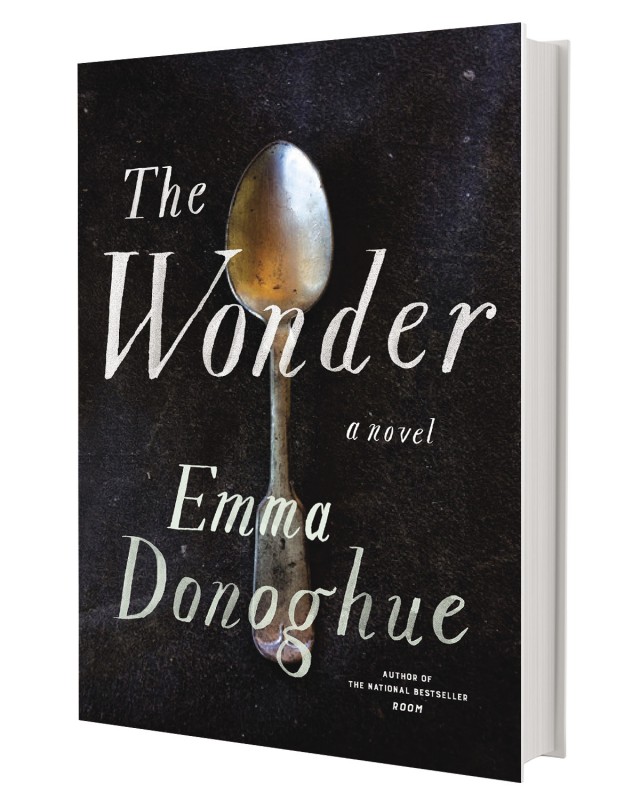
By Emma Donoghue, published September 2016 (Little, Brown and Co.)
In the latest novel by Emma Donoghue—author of the 2010 bestseller Room—Lib, a nurse trained under Florence Nightingale, thinks she’s been brought to Ireland to care for a patient. When she finds she’s been hired instead to make sure a magical, miraculous girl named Anna, who says she’s lived months without food, is truly as wondrous as she seems, Lib sees it as her duty to become a detective. But the longer she stays, the longer the list of suspects in what she knows must be a hoax grows. And the more certain she becomes that Anna isn’t a player in that hoax—but a victim.
The mystery of how Anna is living seemingly on drops of water is gripping. But the “why” is always more interesting than the actual mechanics, and it’s this underlying reason that drives the narrative at a satisfying clip. Lib is a compelling narrator who is confident in her herself and her opinions, yet not closed off to new information that might change her views. The Wonder is a novel that tackles religion, history, family loyalty, duty, personal vs. professional identity, and grief, but never feels overstuffed. – Molly Horan
Feminist Fight Club: ?An Office Survival Manual (For a Sexist Workplace)
By Jessica Bennett, published September 2016 (Harper Wave)
Author Jessica Bennett urges workers to unite in this treatise on starting a “feminist fight club” against sexism in the office. Whether you’re dealing with the “frat social chair” who conveniently organizes men-only company outings or a “manterrupter” (think: Kanye West’s interruption of Taylor Swift at the VMAs), Bennett has suggestions for practical “fight moves” to gain the upper hand. She also tackles self-sabotage, common bias traps and double standards, and language hacks for communicating strength and confidence. Example: Instead of deflecting compliments, ask yourself, “What Would Josh Do?” (Josh being a mediocre but entitled white man.) Packed with relatable anecdotes, startling research, and realistic scripts for handling sticky situations, Feminist Fight Club is a no-bullshit, nuts-and-bolts guide to workplace empowerment. – Erica Wetter
Trainwreck: The Women We Love To Hate, Mock, and Fear…and Why
By Sady Doyle, published September 2016 (Melville House)
It’s easy to dismiss a book that attempts to explain how criticism of modern pop icons like Kim Kardashian, Paris Hilton, and Nicki Minaj parallels the treatment of historical figures such as Billie Holiday, Mary Wollstonecraft, and Harriet Jacobs. But to miss Trainwreck would be a mistake. Author Sady Doyle breaks down eloquently the ways in which women are berated for their sexuality, their pain, their mistakes, and their inability to be what we want. Equally adored and loathed, celebrity women aren’t judged for successes and failures in their chosen professions, but rather for their performances of womanhood. We are quick to forget that Paris Hilton did not leak her sex tape, Miley Cyrus and Britney Spears were sexualized as kids, and society mocked Amy Winehouse’s addiction as she crumbled (only to then exalt her in death).
Doyle isn’t asking anyone to become #Team anybody, or ignore the problematic aspects of some of the women she profiles. She’s instead suggesting we re-examine the lenses through which we have judged women for hundreds of years. Brilliantly snarky and smart, Trainwreck deserves a place on every savvy woman’s bookshelf. ?– Princess Weekes
By Brit Bennett, published October 2016 (Riverhead Books)
Set in a close-knit black community in modern-day Southern California, Brit Bennett’s debut novel, The Mothers, examines the interconnected lives of three young people. There’s Nadia, a beautiful teen mourning her mother’s recent suicide; Luke, a pastor’s son struggling to find his footing after a football injury made him lose a scholarship; and the shyly pious Aubrey, who escaped her abusive stepfather and neglectful mother. Nadia falls in love with Luke, gets pregnant, gets an abortion, and gets dumped. She then finds solace in a surprising friendship with Aubrey. But after Nadia moves away for college, Luke and Aubrey connect on their own—complicating Nadia and Aubrey’s friendship.
“The Mothers” in the title refers to a group of church women who narrate the book: “We didn’t believe when we first heard because you know how church folk can gossip,” is The Mothers’ opening line. But Bennett also examines other kinds of motherhood: Nadia and Aubrey’s feelings toward their absent mothers; Luke’s relationship with his overbearing mother; all three characters’ experiences with pregnancy and unborn children. Bennett’s novel is an exploration of motherhood, love, friendship, and community that’s well worth reading. –Erika W. Smith
By Marina Abramovic, published October 2016 (Crown Archetype)
Pretty quickly, Walk Through Walls gives the impression that the phrase “real talk” may have been coined solely for its author Marina Abramovi?. The provocative performance artist pulls no punches looking back over her rough childhood and prolific public career. But it’s not all dark recollections. There’s plenty of wry wit in her memoir as well, as she reveals insights into her various projects and processes. Most delicious is her detailed description of the intense regimen she undertook in preparation for her legendary “The Artist is Present” piece, for which Abramovi? sat motionless on display at the MOMA in N.Y.C., eight hours a day, for three months. Not only did Abramovi? blow the minds of those lucky enough to sit across from her during this installation, but she did it all while also nursing a broken heart from her recent divorce. #Slay. – Brandy Barber
More from BUST
11 Dystopian Novels To Prepare You For Trump’s Presidency
14 New Books To Get You Through The Winter
5 Feminist Reads For Woke Little Witches

